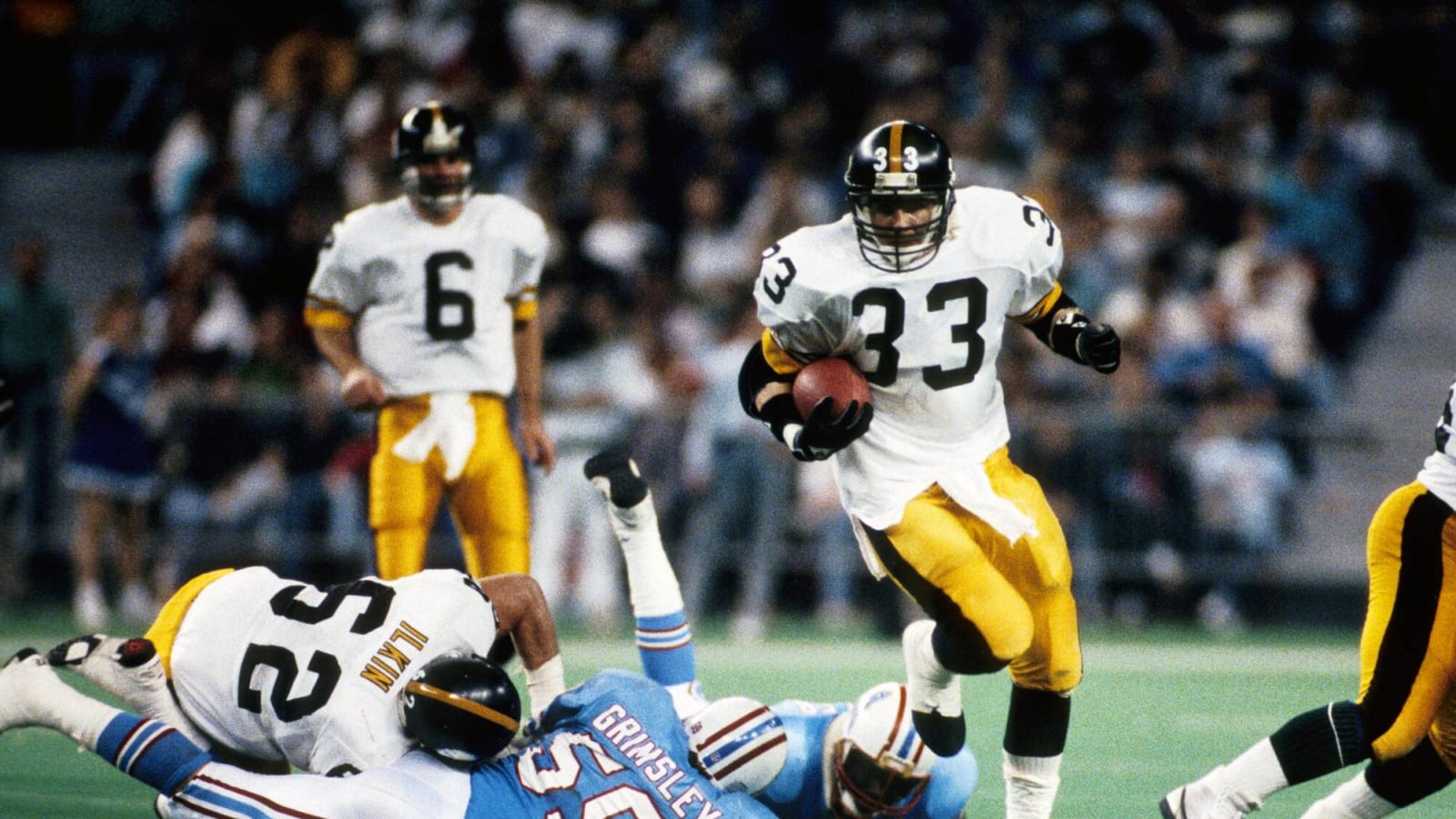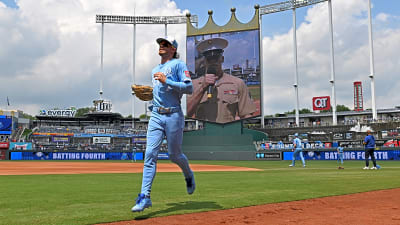
Former Pittsburgh Steelers fullback, Merril Hoge has done a lot of work to educate people on the dangers of head trauma because it put an end to his career in 1994. Hoge played seven seasons in Pittsburgh before ending his career with a five-game stint with the Chicago Bears. He recently explained that the lack of adequate care forced him out of the game.
Hoge recently did an interview with Larry Richard on The Big K Morning Show and discussed what led to his eventual retirement from professional football. He explained that when he was with the Bears, he suffered a head trauma in a preseason game played on a Monday night against the Kansas City Chiefs. He had to go to the hospital and the team lost him.
"They put me in the waiting room after I'd done my MRI because they wanted to make sure I didn't have any bleeding when I flew, so I could fly back home after the game," Hoge said. "They lost me in the hospital. I had wandered up three floors, and I don't even remember wandering up."
Hoge continued saying he spoke on the phone with the Bears' team doctor five days later and got cleared. He said he still felt terrible and had a splitting headache, but told the doctor he was fine because he wanted to play.
He played in four regular season games before suffering another head trauma incident against the Buffalo Bills in Week 5. He said that after going into the locker room, he suffered a cardiac arrest and fell off the table. He said that moment, which was mostly told to him because he had very little memory, ended his career.
"I had to learn to read again. My whole career ends right then. They retire me after that. They tell me I can't play."
Hoge's professional football career, as a player, ended at the age of 29. He said it started a period where he was in "as dark a space as I had ever been."
Steelers Were Ahead Of Other Organizations In Dealing With Head Trauma
Hoge expressed gratitude for the increased safety measures that have been implemented by both teams and the league to mitigate the risks of head injuries. While it is impossible to eliminate the risks associated with football's physical nature, the modern game has more protocols in place to better manage head trauma. Hoge commended the Steelers for being ahead of other teams in implementing these measures.
Hoge explained that when he got to Chicago, there was no baseline testing. He said that the team physician in the Windy City was a family doctor with no field experience as a surgeon. Pittsburgh on the other hand, had a head trainer, John Norwig, who was trying to do more to prevent head trauma.
Hoge said that now there's more of an onus on the players to report their symptoms, and with improved education about the dangers of head injuries, they're more likely to understand the risks.
"The player has responsibility now because we're much more educated from that perspective," Hoge explained. "They need to take ownership of the symptoms they're having and to be honest with that. Because really, if you do the right thing early and fast enough, your return to play is going to be a lot quicker."
He added that it's not just for the short-term health and getting back to playing, but also for the long-term.
Hoge is deeply invested in the subject of head trauma in sports, especially football. In 2018, he published a book with board-certified forensic neuropathologist Dr. Peter Cummings on the myths surrounding CTE.
Although not the most famous player, Hoge's decision to share his personal experience with head trauma is immensely valuable. By learning from stories like his, people can help develop better systems to manage it properly in the future.
More must-reads:
- Commanders star wideout provides alarming contract negotiation update
- Chiefs agree to record-breaking four-year extension with standout OL
- The 'Total touchdown leaders by NFL season since 2000' quiz
Breaking News
Trending News
Customize Your Newsletter
 +
+
Get the latest news and rumors, customized to your favorite sports and teams. Emailed daily. Always free!








